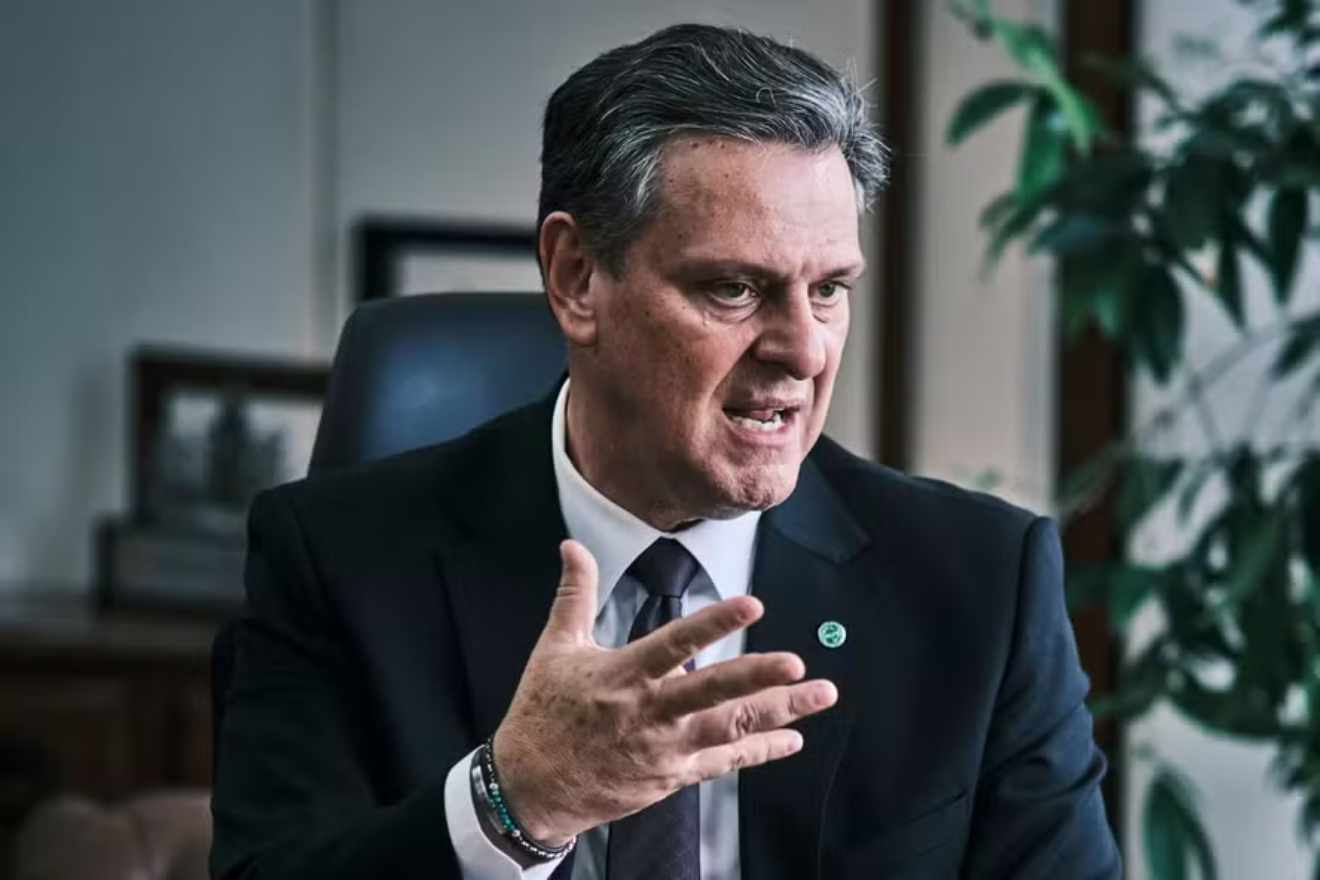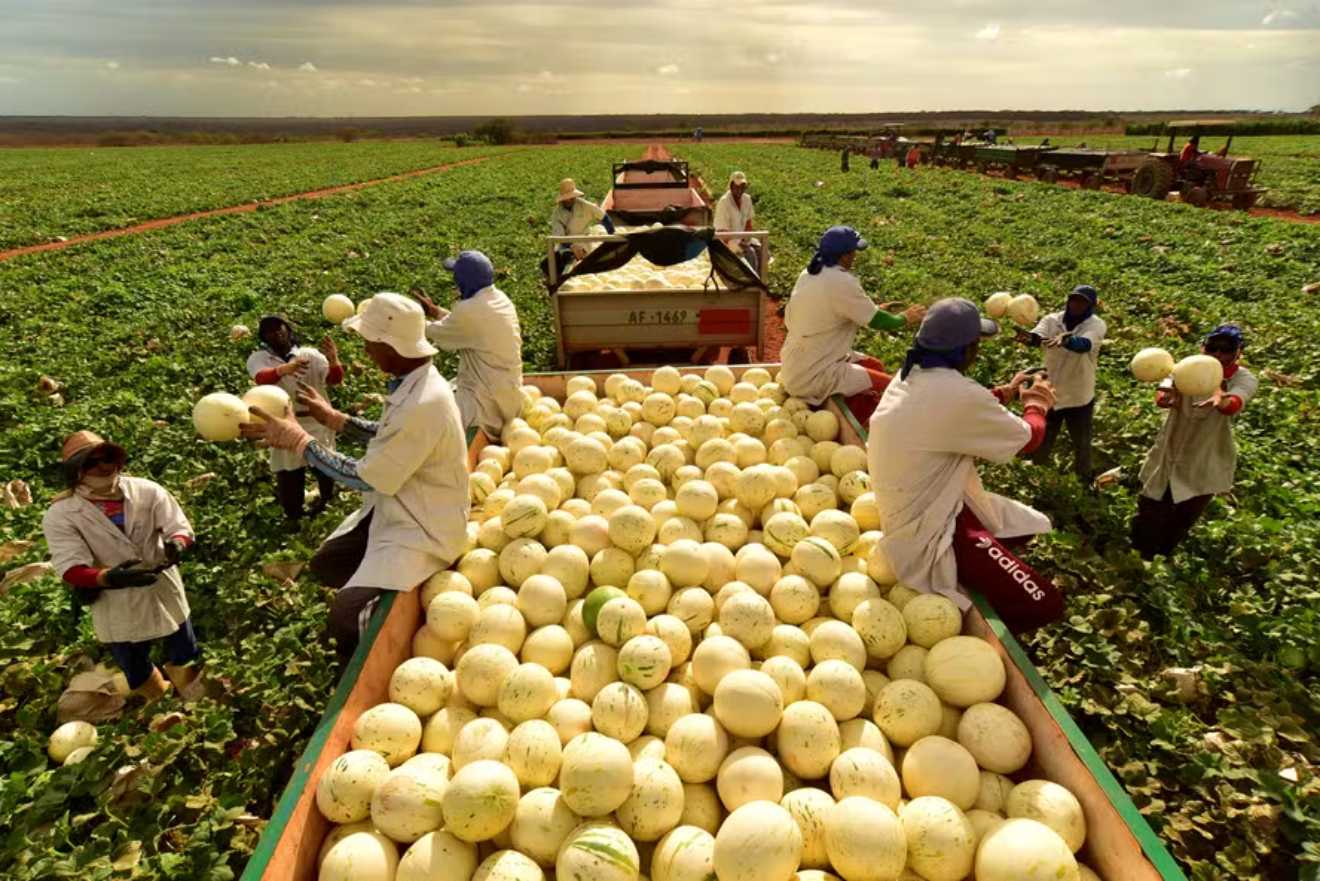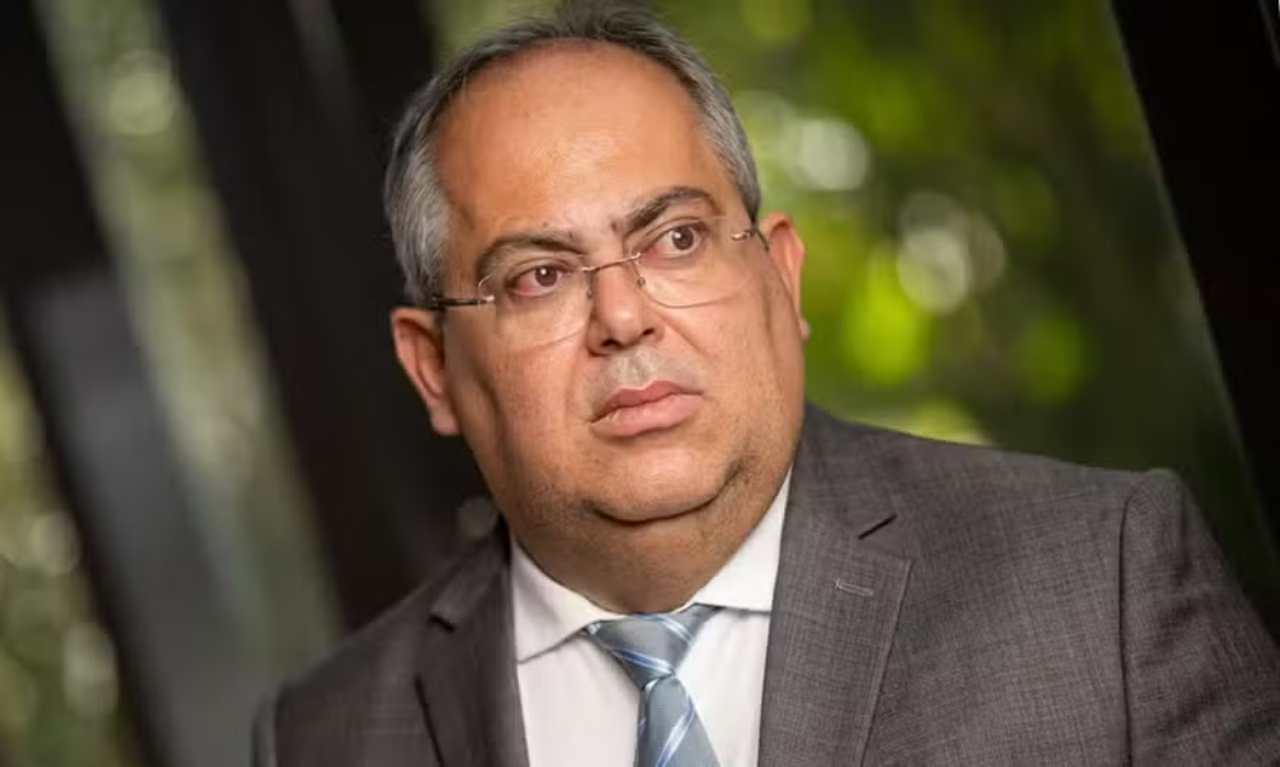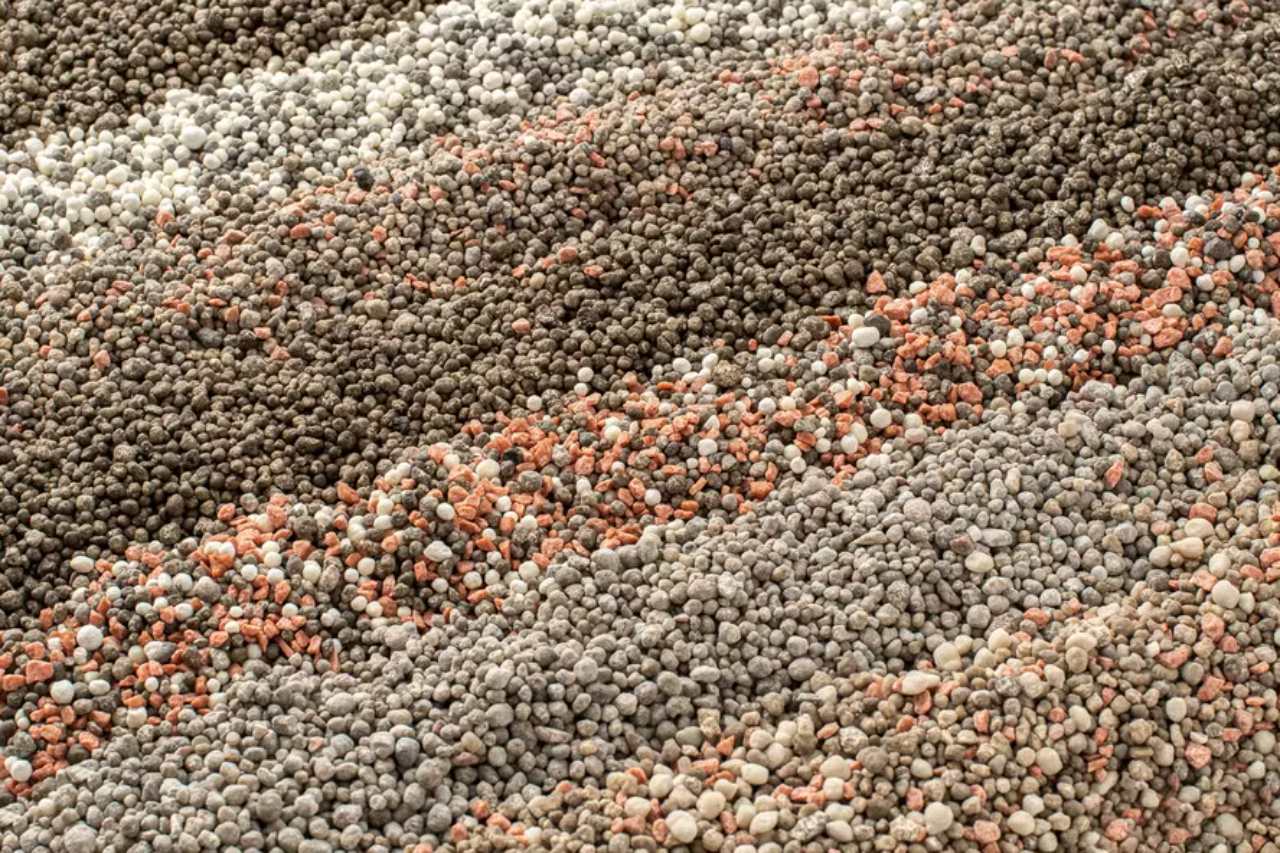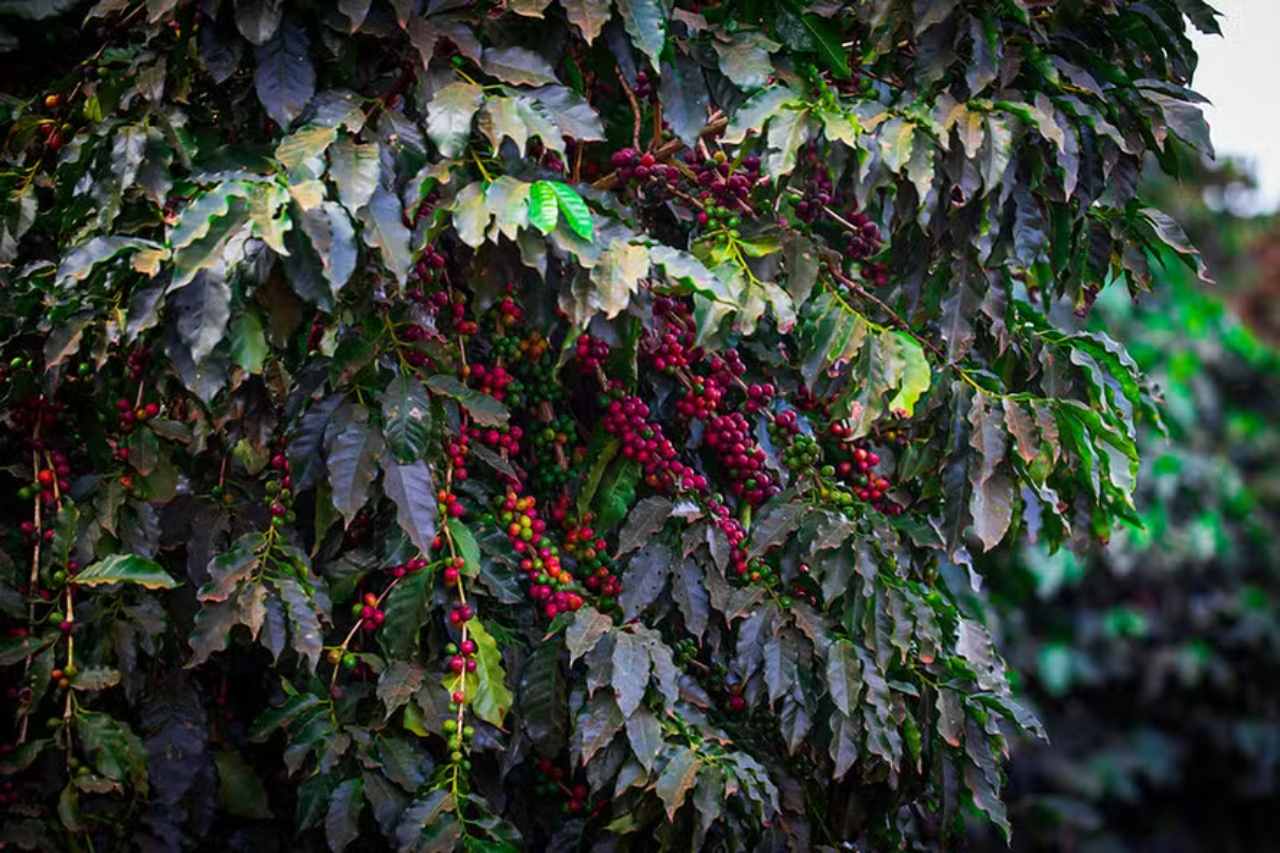The goal is for the model to track 100% of the cattle herd by 2032. The country is negotiating with China for authorization to export from up to 15 additional meat processing plants.
The Brazilian government is advancing plans to track cattle on farms, allowing meat processors to verify the origin of the herd throughout the supply chain. The platform, being developed in partnership with private companies, is expected to be ready by 2027, according to Agriculture Minister Carlos Fávaro at an event hosted by Bloomberg.
This initiative comes amid increasing international pressure to reduce deforestation, as beef production in Brazil is often linked to the degradation of the Amazon rainforest.
The European Union has approved anti-deforestation legislation banning the import of products linked to deforestation, whether legal or illegal. The new rules are set to take effect in January 2025, though they have been postponed by 12 months. Even with the delay, the Brazilian platform is unlikely to be ready before the new legislation is enacted.
While major companies like JBS, Marfrig, and Minerva claim they have made progress in monitoring direct suppliers, a government-supported program would enable more robust tracking of indirect suppliers as well.
“We are not shirking our responsibility. It is legitimate for people to want to know the origin of the animal and how it was raised before making a purchase, and we have a plan in place,” said Carlos Fávaro during an interview at the Bloomberg New Economy event at the B20 in São Paulo on Tuesday.
According to him, Brazilian beef will be completely traceable by 2032 as the platform continues to be developed.
European Market
A cattle tracking system could finally resolve years of failed attempts to ensure complete traceability. In the past, ranchers strongly opposed disclosing data that included detailed information about animal movements, citing privacy concerns.
However, some large exporting companies are advancing their own monitoring systems. JBS, for instance, is using blockchain technology to track its herd. The system currently covers over 73% of its suppliers, according to CEO Gilberto Tomazoni.
This platform allows the company to meet at least part of the European beef demand, with the goal of achieving 100% traceability for meat exported to the European market.
Fávaro is confident that the European Union will renegotiate some terms of the anti-deforestation law and that Brazil will have a voice in the discussions.
“The issue with this legislation is that it was drafted in an arbitrary and unilateral manner, violating the sovereignty of Brazil and other countries. This is unacceptable,” said the minister.
Exports to China
The minister also announced that Brazil is negotiating with China for approval for more meat processing plants to export to the Asian nation. The discussions could result in the authorization of 10 to 15 new facilities for beef, chicken, and pork, Fávaro stated.
An announcement could come as early as next month during the G20 summit of heads of state in Rio.
China is Brazil’s largest market for beef, chicken, and pork, accounting for about 14% of Brazil’s chicken exports and nearly half of its beef shipments.
“The sanitary approval process is underway,” said Fávaro, adding that he is also working to open the Chinese market for new products, including sorghum, grapes, sesame seeds, and pork by-products like feet and ears.
The last time China authorized Brazilian meat processing plants for export was in March, when 38 facilities were approved.
Brazil has been increasing its share of the global meat trade in recent years, while competitors like the United States face supply restrictions.
Brazilian exports are expected to account for 36% of all chicken exports and 28% of all beef shipments this year, according to data from the U.S. Department of Agriculture.
Joining the Belt and Road Initiative
The talks with the Chinese come as Fávaro advocates for Brazil to join China’s Belt and Road Initiative (also known as the New Silk Road), the country’s main global trade and infrastructure program, in order to counteract protectionist measures from the United States and the European Union.
This idea has divided the government of President Luiz Inácio Lula da Silva. Some ministers argue that joining is necessary to attract new investments, while others fear that the partnership could harm relations with the U.S. and the EU.
“I support Brazil joining the Silk Road. Some protectionist measures being imposed on us must be countered by expanding our range of trade partners,” said Fávaro.
Also read: China to Require Full Traceability in Beef Supply Chain

